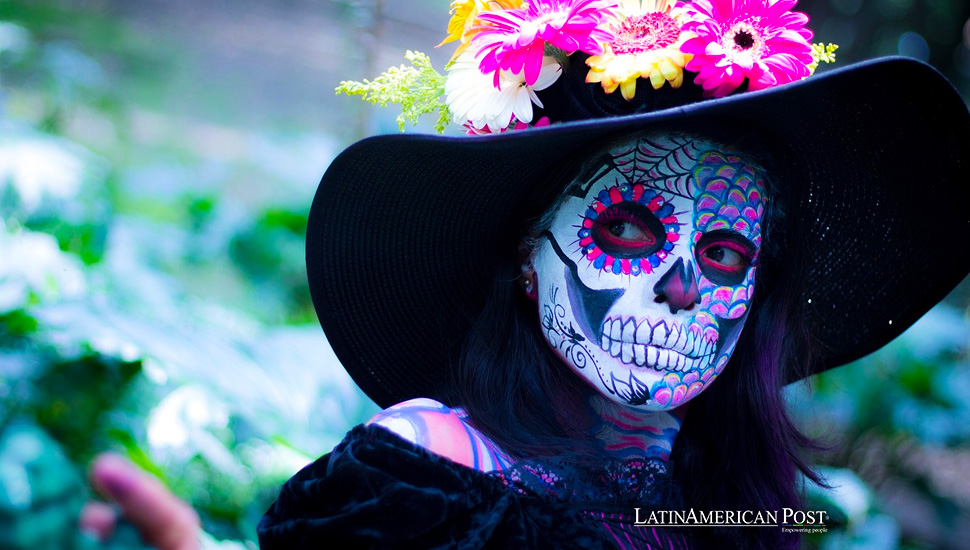Mexico: cultural practices that you should know

These are some of the festivities that Mexicans celebrate every year
The Mexican Republic has a vast series of cultural events that have been practiced for many years but perhaps people do not know about them. Nowadays it is confusing with the mass media and the incoming generation with important technological movements among other things, that these types of events or cultural practices take place. However, it is important to know about them and understand what they represent for a country rich in traditions.
One of the main and well-known events worldwide that to date has not been forgotten is the Day of the Dead. November 1st and 2nd are symbolic for the entire country. Throughout the nation an allegory is made of death, with offerings and tributes to the people who are no longer with us, they are remembered and commemorated with the belief that only these two days they return from death in a spiritual way to share a unique moment with Mexican families.
A very special week for Mexicans is Holy Week, which can vary between March and April but which are spring days and commemorate the sacrifice that Jesus Christ made when he was crucified. With this, representations are made in different parts of the country alluding to the aforementioned. It is commemorated on Crucifixion Friday, the Saturday of Glory, the day when Mexicans traditionally throw buckets of water at each other, and Resurrection Sunday, the day when, according to belief, Jesus comes back to life.
Another symbolic and very important day for faithful and believing people is December 12, the date on which the Virgin of Guadalupe is celebrated for her appearance on the Tepeyac Hill to Juan Diego. On this day all the altars on which the image of the Virgin rests and of course in the cathedral in Mexico City, are decorated with flowers, food, and special tributes to the Virgin Mary of Guadalupe, according to each person’s faith, having granted miracles and beatitudes among the Mexican population.
After celebrating the appearance of the brown Virgin, from December 16 until Christmas Eve, the tradition of celebrating the posadas in which Mexicans dress identically to represent Mary and Joseph on their journey through Bethlehem is still preserved. the trajectory and of course asking for a lodging until someone gave it. Nowadays, after having requested a posada with family or friends, fruit punch is toasted or drunk, a commemorative dinner is offered, piñatas are also broken, and it can even end in a dance and party.
Like good Mexicans who enjoy jokes, laughter, and fun on December 28, the Day of the Holy Innocents is a tradition that is still in force today. For years on this day, there has been the custom of making jokes among the citizens because years ago Herod ordered to killing of all the newborn children because of the prophecy that said that among them was the Messiah who would destroy his empire.
With this and by not capturing the baby Jesus at that time, today it is nothing more than a day in which pranks of all kinds are played, with an unusual phrase the day when Herod was deceived is remembered: “Innocent Palomita, you let yourself be fooled”, is the famous phrase with which Mexicans protect themselves against the thousands of jokes that are made on this day.
With this and the New Year’s celebration that is carried out in different ways in each region of the nation, the most beautiful customs and traditions of the Mexican country continue to be celebrated like every year, practices that we hope will last forever.
Latin American Post | Cristina Torres





